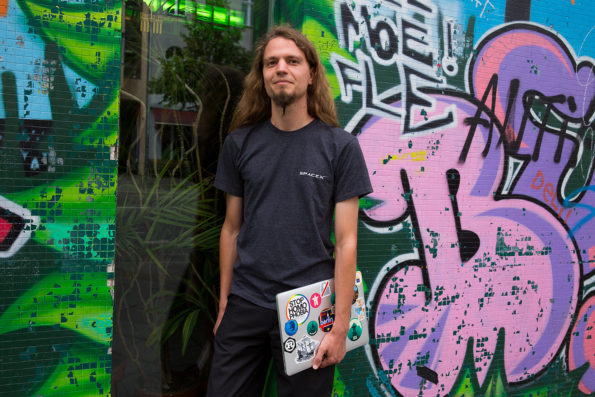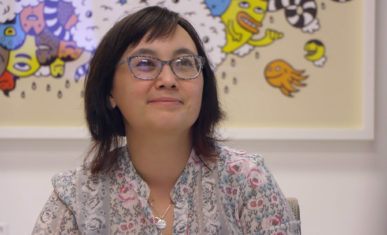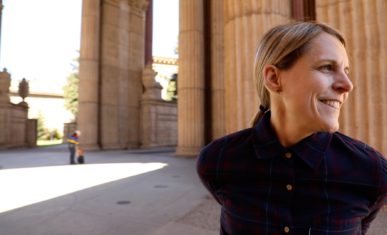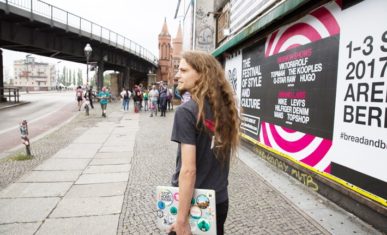Franziskus Kiefer, Senior Security Engineer at Mozilla, explains why he advocates for data security, encryption and authenticity in our global home – the internet.
“Without the ability to keep secrets, individuals lose the capacity to distinguish themselves from others, to maintain independent lives, to be complete and autonomous people… This does not mean that a person actually has to keep secrets to be autonomous, just that she must possess the ability to do so.” (Kim L. Scheppele, Legal Secrets 302 [1988])
I have this quote by Kim L. Scheppele, Professor of Sociology and International Affairs at Princeton, in mind when I meet Franziskus Kiefer, Senior Security Engineer at Mozilla. Do I actually still have this freedom of authentic privacy, or do I need to repeat, rethink or even reword my question? In an increasingly digitalized world, what are the implications for my privacy and why is this so important?
Franziskus: “Most people behave on the internet like they’d behave when they’re at home alone. But you’re never alone on the internet. Never. I’d like to ask those people, ‘Would you invite someone to install a camera in your bedroom so that anyone could watch you at any time?’ Of course not. The same holds true for the internet. If you don’t lock your door or prevent someone from installing a camera in your bedroom, people will watch you.”
Does that mean, metaphorically speaking, that I’ll always have to look over my shoulder when I browse the web? Doesn’t this analogy make us paranoid and lead us to withdraw from the web completely?
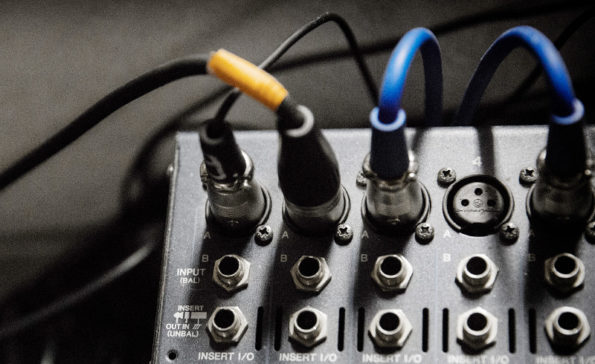
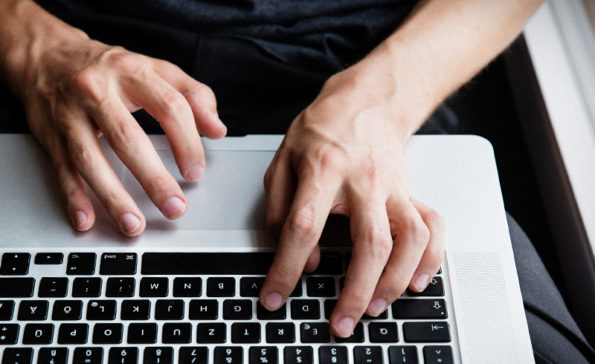
Well, you aren’t at home all the time, are you? When you leave your apartment, you lock it. You put on some clothes instead of walking around outside naked. You need to be conscious about the things that belong to your privacy as well as the things that don’t. You need to be aware of where you can expect privacy and where you can’t. If I read my emails, write a text to my girlfriend, or handle my bank accounts, I want this to be private. When I post something on Twitter, however, I don’t intend for this to be private.
Why is it that so few people are aware of how unprotected they are while surfing the web?
I think a lot of people just don’t really get the internet. It’s too abstract. People aren’t very good at being concerned about something that isn’t embodied in something concrete. Things they can’t touch or see. It’s hard to imagine that there’s someone sitting on the other side of the world reading your data – I mean, that sounds a bit insane, doesn’t it? Also, it’s difficult to evaluate the long-term consequences. Usually, you don’t notice when someone stores your data or uses it improperly. Data is collected over years without you noticing before it might be used against you. Most people just aren’t aware of that.
A lot of people also say they don’t care because they have nothing to hide…
Nevertheless, they wouldn’t like it if someone were to install a camera in their bedroom that can be accessed by anybody, would they? It always depends on the political and societal system we’re living in. If this system is kindly disposed towards you, or not. And these things can change, of course.
